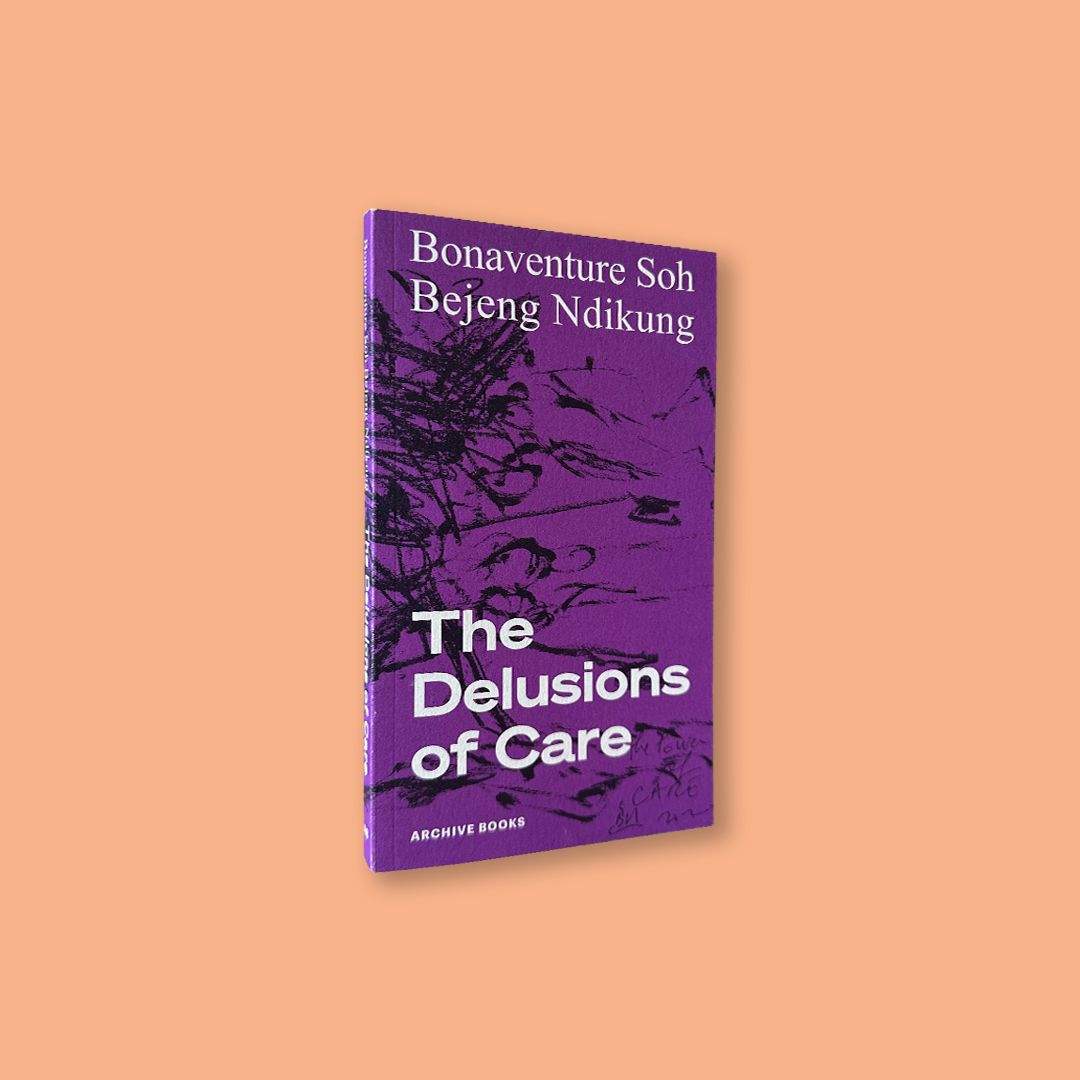
Published by Chimurenga, the Chronic is quarterly pan African newspaper that gives voice to all aspects of life on the continent and celebrates our capacity to continually produce something bold, beautiful and full of humour.
Produced in Cape Town, Johannesburg, Nairobi, Paris, Lagos, Yaoundé, Accra, Kinshasa, Dakar, Kampala and Delhi, and distributed globally, it seeks to write Africa in the present and into the world at large, as the place in which we live, love and work.
The new issue, available now, features reportage, creative non-fiction, autobiography, satire, analysis, photography and illustration to offer a richly textured engagement with everyday life.
In its pages artists and writers from around the world take on the philanthropic complex to unravel the philosophies of dependency and power at play in the civil society of African states. Paula Akugizibwe assumes observer status at the African Union to uncover the charm offensive that keeps the West in control, while Parselelo Kantai exposes the manufacture of post-election peace in Kenya. Also, we journey into the AU headquarters in the heat of the political crisis in Mali and speak with Raila Odinga about the arithmetic skills of Kenya’s Independent Electoral and Boundaries Commission.
Elsewhere Yves Mintoogue and Adewale Maja-Pearce diagnose the First Lady Syndrome in the political patronage of Chantou Biya and Dame Jonathan; Agri Ismaïl eavesdrops in on Islamic finance after the market crash; Deji Toye looks at the Nigerian art of patronage; and Cédric Vincent exposes the political rhetoric that caused all the chaos at both Benin biennales of 2012.
As an alternative, three pan-African art projects overcome maps and institutional bureaucracy through networks and synergies; Ghana’s controversial duo FOKN Bois fuck with the puritanical mores in the world’s most religious country; and we listen in on the rebirth of the new thing in Cape Town’s jazz scene.
The Chronic also goes back to university to recount seventeen stories of love and learning under the World Bank and interviews Fred Moten and Stefano Harney on the possibility of staging a revolution “with and for” the university.
The wide-ranging sports coverage kicks off with Bongani Kona’s reflection on Zimbabwean players in South African rugby. In addition, Simon Kuper points out Africa’s best footballers aren’t African and Akin Adesokan learns 24 tricks of the forehand from Roger Federer.
The stand-alone Chronic Books magazine is a self help guide on reading and writing. Learn how to be a Nigerian from Peter Enahoro, Nigeria’s ‘woman of letters’ and the masters of Onitsha Market Literature. Get advice on how to live and how to write from Mohsin Hamid and Werewere Liking; meet the next generation of playwrights; and find out why you should be reading Ken Saro-Wiwa, Jose Saramago, Eric Miyeni, Andile Mngxitama, Gonçalo Tavares, Vivek Narayanan, Nthikeng Mohele, A. Igoni Barrett, Abdellatif Laâbi, Gabriela Jauregui and many more.
Get the print addition of the Chronic from select retailers throughout South Africa (including Exclusive Books, selected Spaza, independent bookstops and on the street in the first week of release), as well as in select shops in Abuja, Lagos, Nairobi, New York, London, Berlin and The Netherlands (get a for a full list of stockists worldwide here).
The Chronic is also available as both a print and digital edition in the online shop.
The Chimurenga Chronic is funded by the German Federal Cultural Foundation and the Goethe-Intitut.
The Delusions of Care by Bonaventure Soh Bejeng Ndikung (Archive Books, 2021)
The Delusions of Care by Bonaventure Soh Bejeng Ndikung (Archive Books, 2021)
The Delusions of Care is a culmination of three long essays that ruminate on notions of care in our contemporary and historically. It is concerned with the appropriation of care by the capitalist establishment as much as supremacists of all kinds. What can we consider as care and who gives care for what reasons. Stuck in the cup de sac of a pandemic that has brought most of the world to its knees, these questions seem of some pertinence. The reflections in this book spanning a critique of care from the regimes of birth control through police brutality to the storming of the Reichstag in the summer of 2020, that very much set precedence to the storming of the Capitol Hill by Trumpists and White supremacists. The book does not only point out the pitfalls of a corrupted notion of care, but tries to offer paths for rehabilitation, restoration, restitution through a non-selfish spirit of care.
The book includes a postlude by Cameroonian novelist Hemley Boum.



